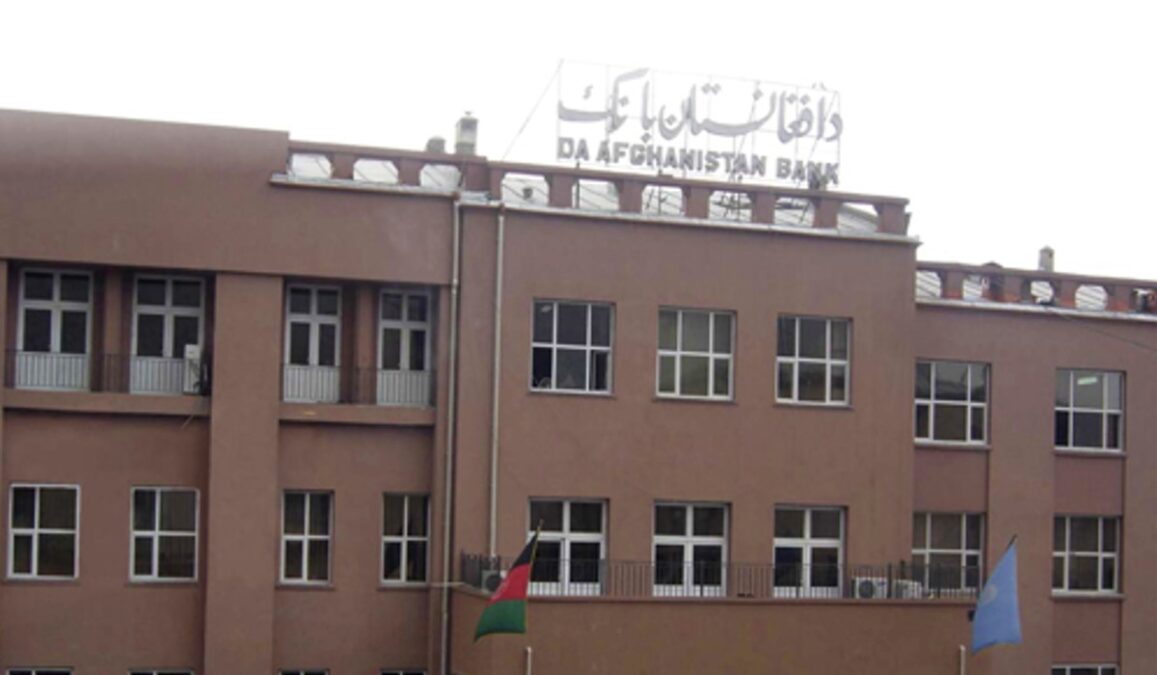The US Special Inspector General for Afghanistan Reconstruction (SIGAR) has raised concerns over the Taliban’s rejection of Afghanistan’s constitution, which includes the banking law and guarantees the independence of the Central Bank (DAB).
According to the SIGAR report, the Afghan Fund aims to preserve undisbursed monies for eventual return to DAB. However, the Taliban’s interference in DAB operations poses risks to the Afghan economy and the assets held by the Afghan Fund.
SIGAR says “the group’s rejection of Afghanistan’s constitution, which established the banking law and DAB’s statutory independence, has been a major cause for concern, as both the governor and deputy governor of DAB have been sanctioned by the United Nations for their roles as Taliban militant leaders.”
US State and Treasury officials have stated that they will not support the return of funds to DAB until certain criteria are met, including evidence of DAB’s independence from political influence, adequate controls to prevent money laundering and funding terrorist groups.
“The Taliban’s repression and economic mismanagement have exacerbated longstanding economic challenges for Afghanistan, including actions that have diminished the capacity of key Afghan economic institutions and made the return of these funds to Afghanistan untenable,” said Wally Adeyemo, Deputy Secretary of the Treasury as quoted in the SIGAR report published this week.
Experts in Afghanistan’s banking and financial sectors have expressed their worries about the consequences of canceling the banking law, fearing it could paralyze the country’s banking system and severely impact Afghanistan’s economy.
Siyar Quraishi, the former president of Afghanistan Banks Union, emphasized the importance of an independent central bank in all countries, particularly in the area of monetary policy, as mandated by Afghanistan’s Constitution.
“I think that if this happens and this continues, it will be a bad thing for the economy and the banking system. In this sense, I think that it should be prevented as soon as possible, otherwise the economy will be paralyzed,” said Seyed Massoud, an analyst.
The Ministry of Foreign Affairs and the US Treasury have previously stated that Washington will not support the return of Afghanistan’s assets until evidence of DAB’s independence and lack of political interference, along with sufficient controls to prevent money laundering and financing of terrorist groups, are provided.
According to analysts, the situation remains complex, with the Taliban’s actions and stance towards Afghanistan’s financial institutions having significant implications for the country’s economic future. As the dialogue continues between the US and the Taliban representatives, the international community closely monitors the developments in Afghanistan’s financial landscape.




